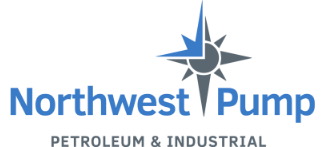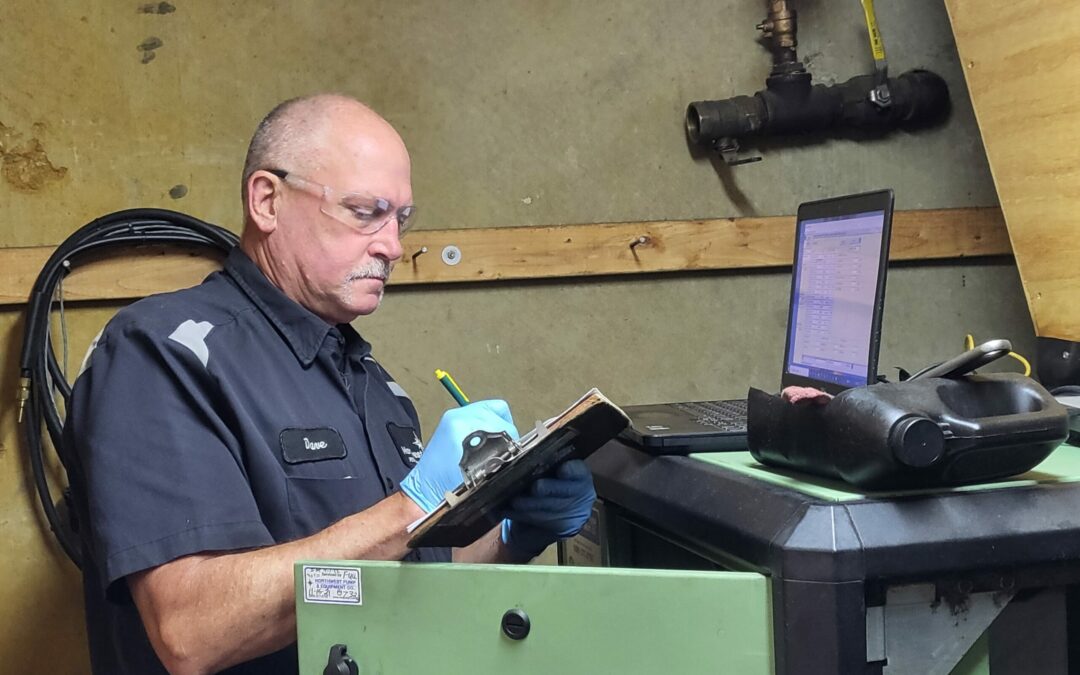Clean compressed air correlates with producing higher-value merchandise, reducing recalls, and increasing downstream equipment performance. Quality testing is an effective tool to understand the cleanliness of your compressed air. Regulations usually only mandate annual tests, especially for food & beverage manufacturers. However, compressed air experts recommend testing at least once a quarter to maintain the highest compressed air quality.
Testing is essential to understanding your facility’s air quality. Poor results and delayed corrections can severely impact your facility. Knowing what to expect and preparing in advance will help avoid issues with your next audit. Here are some frequently asked questions and solutions to help you prepare accordingly.
How do I test my compressed air quality?
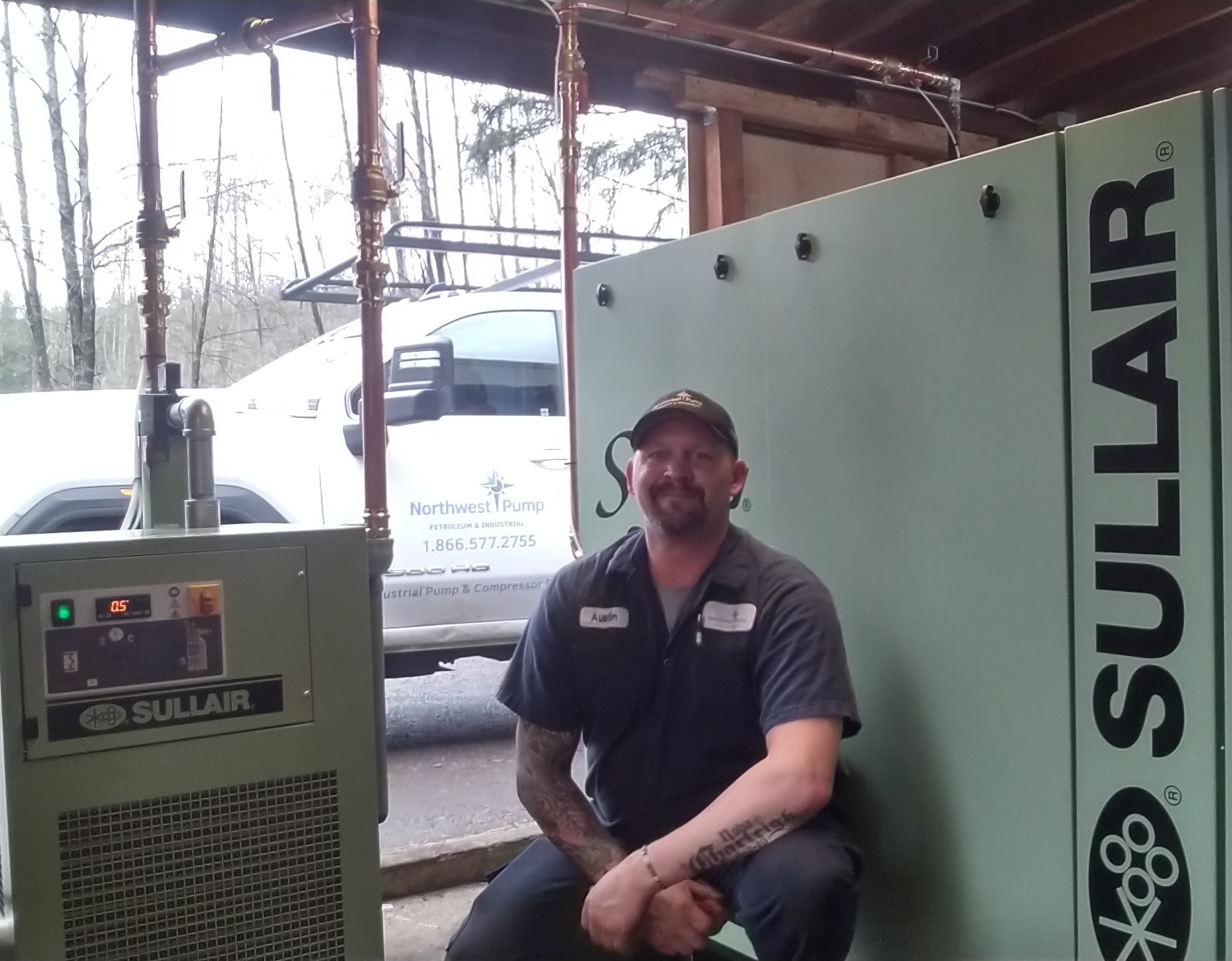
Third-party compressed air auditors use state-of-the-art laboratories to conduct precise quality testing. One benefit of working with air auditors is that after the process, auditors can automatically validate the quality of your air; there are no additional steps needed to prove compliance with ISO 8357. Rather than dismantling your entire compressor system and sending it off-site for inspection, air quality testing facilities send sampling kits to gather samples from the nearest air outlet. While each kit will differ from the other, a completed kit should have a bottle of air from your compressor system ready to be sent out.
Our trained service technicians can gather your air testing samples without risk of contamination. Upon request, your Northwest Pump compressor tech will take an air sample for you during any routine maintenance appointment. They take samples at point-of-use and at the compressor to give customers the best insights into their compressed air quality. Our technicians will alert customers of contamination risks before taking the air sample. From there, our service division works with third-party certified air auditors to analyze and validate your sample.
What Happens During Compressed Air Quality Testing?
For a complete outlook on the quality of your compressed air, auditors will conduct several tests on the air sample provided. While different testing methods can vary, the most common are:
- Laser Particle Counters
- Filter Microscopy
- Gravimetry
- Viable Microbe Sampling
- Water Vapor Testing
- Oil Testing
- Oil Aerosol Testing*
- Oil Vapor Testing*
Combining the above tests is the best way to ensure that your air meets the ISO 8357 requirements that you may need. Each test does not necessarily focus on every component of ISO classification. While you could only have one specific test done at a time, multiple tests give you a better understanding of your air quality.
*Before testing your compressed air for oil, or hydrocarbons, it is important to ensure that the test can detect oil in both vapor and aerosol forms. Some testing services or solutions on the market only check for one variation of oil in compressed air samples, which could give a misleading result.
How Clean Should My Compressed Air Be?
Whether your air should reach a specific ISO classification or not will depend on your facility’s air needs and usage. Industries such as food & beverage, pharmaceutical, and semiconductor manufacturing, require high purity in their compressed air. These industries will also need to meet the standards set by governing bodies like the FDA before continuing production.
As mentioned earlier, there is a direct correlation between cleaner air and higher-quality products. Compressed air for general uses may not need to be of a higher quality. Alternatively, process air is meant for smaller-scale, specific applications, and may have more direct contact with products. Facilities may want to invest in instrumentation for higher-quality compressed air.
What Can I Do to Improve My Air Quality?
There are several ways to improve air quality before completing any compressed air quality testing. Below are a few suggestions sorted by efficacy and the length of implementation time.
Short-Term Solutions
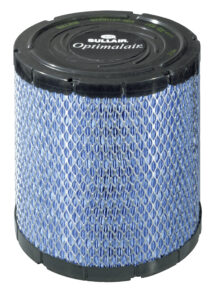
One of the fastest ways to improve your compressed air quality is to change out the filters in your air treatment equipment. This will remove remnants of dust, dead bacteria, or other debris that could eventually leak through to the point of use. Regularly changing your air filters can also solve issues such as pressure drop further downstream.
Another quick way to improve the quality of your compressed air is to ensure that your machines have regular service. Regular service is an easy way to ensure your compressor system works as it should. Our rotating equipment service plans also include regularly changing out all filters on your compressors.
Mid-Term Solutions
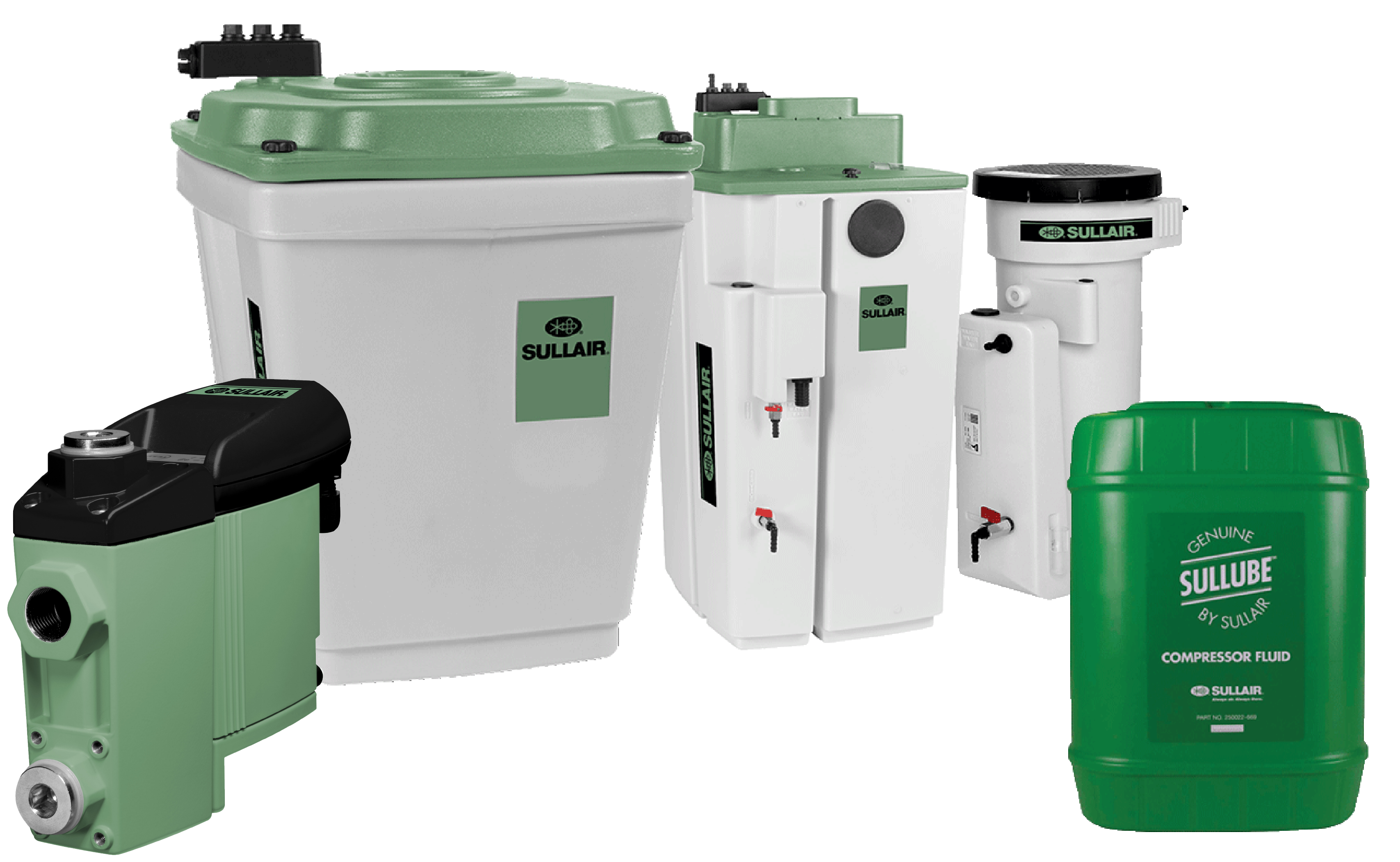
If you want a significant improvement in compressed air quality, upgrading your air treatment equipment could be a worthwhile investment. This solution can provide greater improvements than service appointments, which can only do so much. Upgrading your filters, dryers, or condensate drains allows you to better match current production goals and even future needs. You should choose filters that are easy to clean and can withstand high-temperature steam to eliminate microbial contaminants.
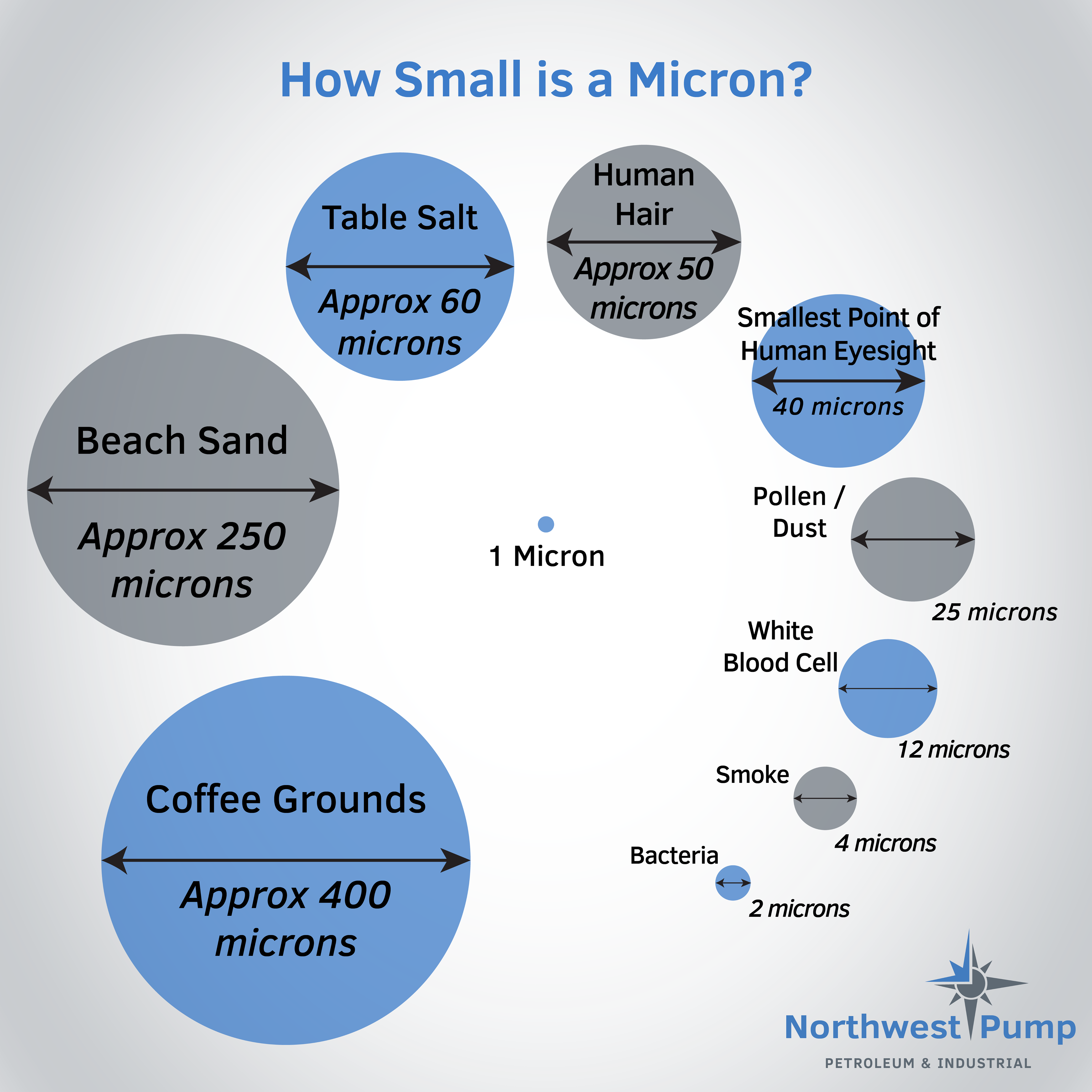
For high-purity applications, facilities may require multiple filters to target each type of contaminant, such as dust, microbes, moisture, and oil. We recommend investing in filtration equipment from Parker and Sullair. Both brands offer filters as small as .01 microns to catch even the smallest bacteria before it reaches the point of use.
Long-Term Solutions
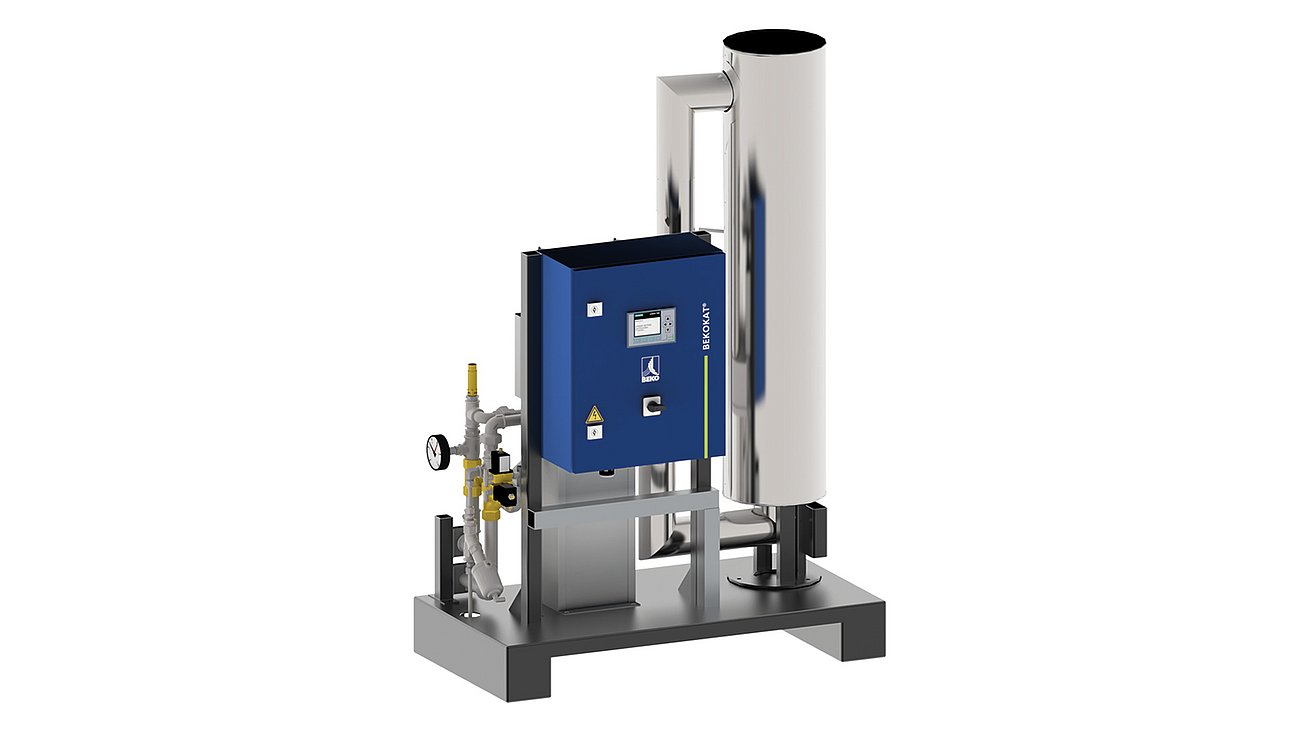 For those looking for the most substantial changes to their compressed air quality, Northwest Pump recommends finding solutions to remove both oil vapors and aerosols from the system entirely. This can be as simple as changing the compressor to an oil-free or oil-less machine. Alternatively, Beko offers BekoKat to elminate and Metpoint OCV to monitor oil vapor and aerosol present in your compressed air. The BekoKat is a catalytic converter that changes the hydrocarbons (oils) into CO2 and water. The Metpoint OCV offers real-time oil monitoring by sampling your compressed air every two minutes to give you peace of mind for your next air audit.
For those looking for the most substantial changes to their compressed air quality, Northwest Pump recommends finding solutions to remove both oil vapors and aerosols from the system entirely. This can be as simple as changing the compressor to an oil-free or oil-less machine. Alternatively, Beko offers BekoKat to elminate and Metpoint OCV to monitor oil vapor and aerosol present in your compressed air. The BekoKat is a catalytic converter that changes the hydrocarbons (oils) into CO2 and water. The Metpoint OCV offers real-time oil monitoring by sampling your compressed air every two minutes to give you peace of mind for your next air audit.
Next Steps
Northwest Pump is a leading distributor & service provider for compressor systems in the Pacific Northwest. Contact our compressor experts using the button on the left. For any service needs, including compressed air quality testing, please use the button on the right.
